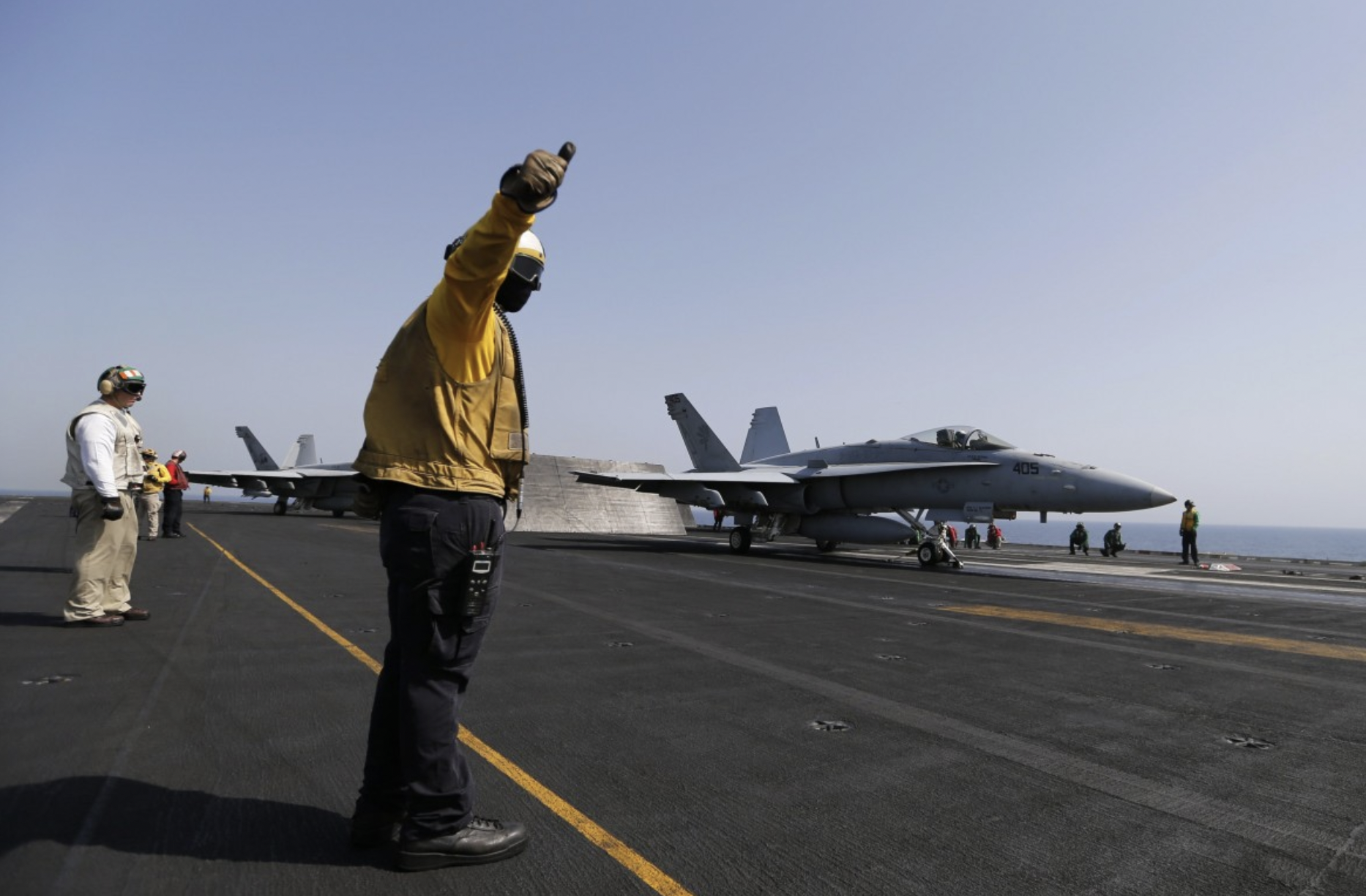Analysis
On the stock exchange, weapons are back in style
Putin's invasion has changed the perception of the relationship between finance and the war industry. Investments in the arms industry, previously rejected for ethical reasons, are now 'of key importance.'

On April 1, Le Monde took a snapshot of the change in the overall climate around the global arms trade, publishing an investigation that began with the story of the Swedish banking group SEB, known in the world of finance for trying to tie its investments to the fulfillment of environmental, social and governance standards.
Last year, the Swedish bank announced that the funds managed by its Investment Management team would no longer be invested in companies that derive more than 5% of their turnover from the arms industry. Clearly, those good intentions did not envision the war in Ukraine and the reversal in the overall trend that came with it.
Recently, the bank has said that “the serious security situation and growing geopolitical tensions in recent months—which culminated with Russia’s invasion of Ukraine—brought this issue to the fore from a policy perspective and resulted in a changed position among some of the fund company’s customers.” Thus, the Swedish group decided to once again authorize the investment of its funds in the defense sector, starting this month.
Their motivation is particularly striking: They say that investments in the arms industry, previously rejected for ethical reasons, are now “of key importance to uphold and defend democracy, freedom, stability and human rights.”
Armin Papperger, CEO of Rheinmetall, one of Germany’s leading arms manufacturers, likewise complained a few months ago about the reluctance of investment funds to work with his company. “They invest much less money in our industry, or not at all,” Papperger confessed to the Wirtschaftswoche business magazine.
Then, the war arrived. Three days after the Russian invasion of Ukraine, German Chancellor Olaf Scholz allocated €100 billion for military spending and planned to increase the defense budget to more than 2% of GDP. Germany’s Commerzbank announced that it would direct capital towards the arms industry. Germany has decided to purchase F-35 Stealth jets (list price: $80 million per aircraft). These are produced by Lockheed Martin, the global giant of the sector, whose shares rose to a record high of $469 on March 7 (on Tuesday they were trading for only a little lower, a sign that the positive trend is continuing). In November, one share was worth $327: thus, a more than 43.4% increase in just 120 days.
In France as well, until recently, there had been a trend towards divestment from the arms industry. Among the causes of this downward trend were the pressure from public opinion and the uproar around the dirty business surrounding the war in Yemen, which had made the arms business even more unpopular. On Tuesday, however, a Le Monde editorial argued that when it came to armaments, France should also follow the lead of Italian Prime Minister Mario Draghi and “satisfy Ukraine’s demand for arms.”
The fact that the context has changed was also noted – with barely concealed satisfaction – by the head of economic affairs of the French Aerospace Industry Association, Guillaume Muesser. “The invasion of Ukraine is a turning point,” said Muesser. “It means that war is still on the agenda, on our doorstep, and that the defense industry is highly useful.”
Originally published at https://ilmanifesto.it/in-borsa-le-armi-tornano-di-moda-ce-la-guerra-siamo-ancora-utili on 2022-04-20
